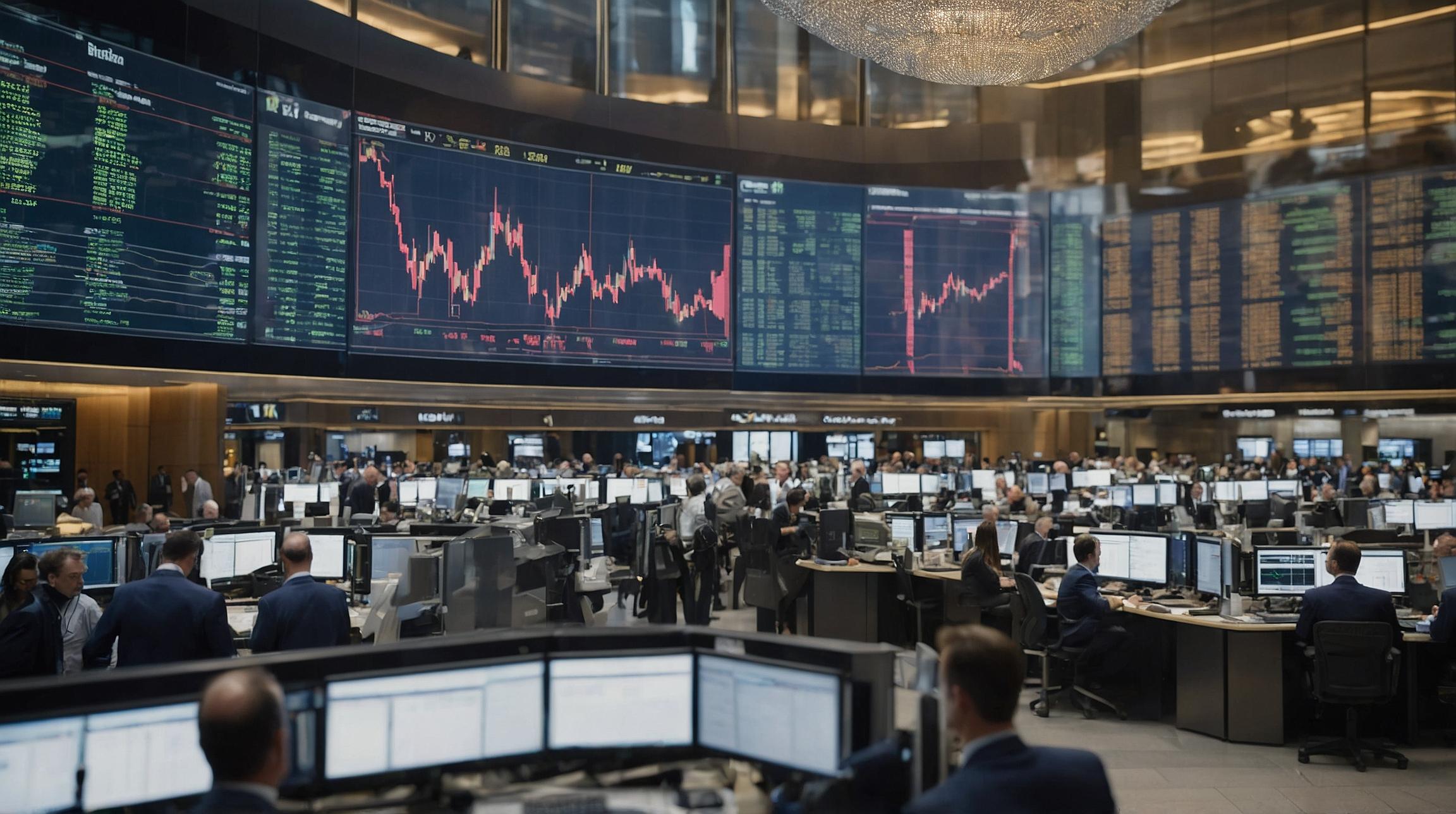Trump Calls on EU to Impose 100% Tariffs on India and China Over Russian Oil Purchases
Former U.S. President Donald Trump has urged the European Union to implement tariffs as high as 100% on imports from India and China in response to their continued purchases of Russian oil. The proposal, first reported by the Financial Times and confirmed by sources to CNBC, aims to intensify economic pressure on Moscow to end the conflict in Ukraine.
According to reports, Trump made this request during a recent Washington meeting with senior U.S. and EU officials. The U.S. is reportedly prepared to match any tariffs the EU imposes on these countries, signaling a coordinated approach to penalize nations trading with Russia.
Background of Tariffs and Trade Relations
The U.S. currently levies a 25% tariff on Indian imports linked to its Russian oil purchases, effectively raising duties to as much as 50%. India has strongly criticized these tariffs as “unfair, unjustified and unreasonable,” while also highlighting the U.S. and EU’s own trade with Russia.
Data from the European Commission indicates that EU trade with Russia amounted to 67.5 billion euros ($78.1 billion) in 2024, with services trade reaching 17.2 billion euros in 2023. Meanwhile, bilateral trade between India and Russia surged to a record $68.7 billion in the year ending March 2025—nearly six times higher than pre-pandemic levels.
China remains the largest buyer of Russian oil but has avoided the most severe tariffs following a partial agreement with Washington to cap new U.S. levies at 30%. This exemption reflects a more cautious approach to Sino-American trade tensions.
Strategic Context and Diplomatic Developments
Trump’s tariff proposal comes after his September meeting with Russian President Vladimir Putin in Alaska failed to produce a ceasefire agreement in Ukraine. Putin emphasized addressing the conflict’s “root causes” for sustainable peace, while Trump noted some progress without detailing specifics.
Meanwhile, Putin has strengthened ties with Chinese President Xi Jinping and Indian Prime Minister Narendra Modi during the recent Shanghai Cooperation Organization summit in Beijing.
On social media, Trump described Modi as a “very good friend” and expressed optimism about ongoing U.S.-India trade negotiations aimed at resolving trade barriers. Conversely, efforts to advance U.S.-China trade talks appear stalled, despite a recent visit by China’s top trade negotiator to Washington.
FinOracleAI — Market View
Trump’s call for the EU to impose steep tariffs on India and China introduces heightened trade tensions that could disrupt global supply chains and exacerbate geopolitical risks. The proposed tariffs aim to constrain Russia’s oil revenues indirectly by targeting its major customers, but the move risks retaliation and further complicates U.S.-China and U.S.-India relations.
Markets should monitor EU responses and potential escalation in trade disputes, especially given China’s central role in global trade and India’s growing economic ties with Russia. The effectiveness of tariffs in pressuring Moscow remains uncertain amid complex diplomatic dynamics.
Impact: Negative













